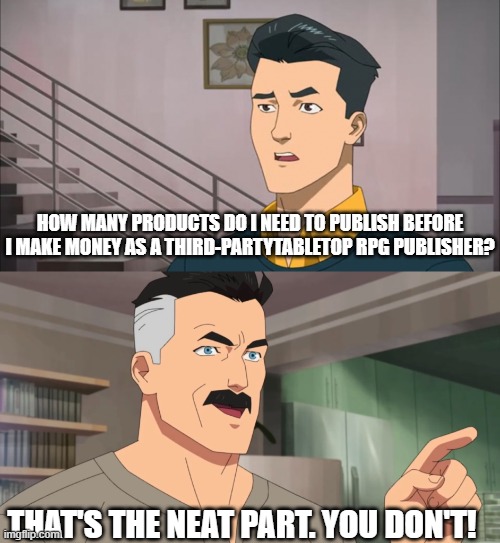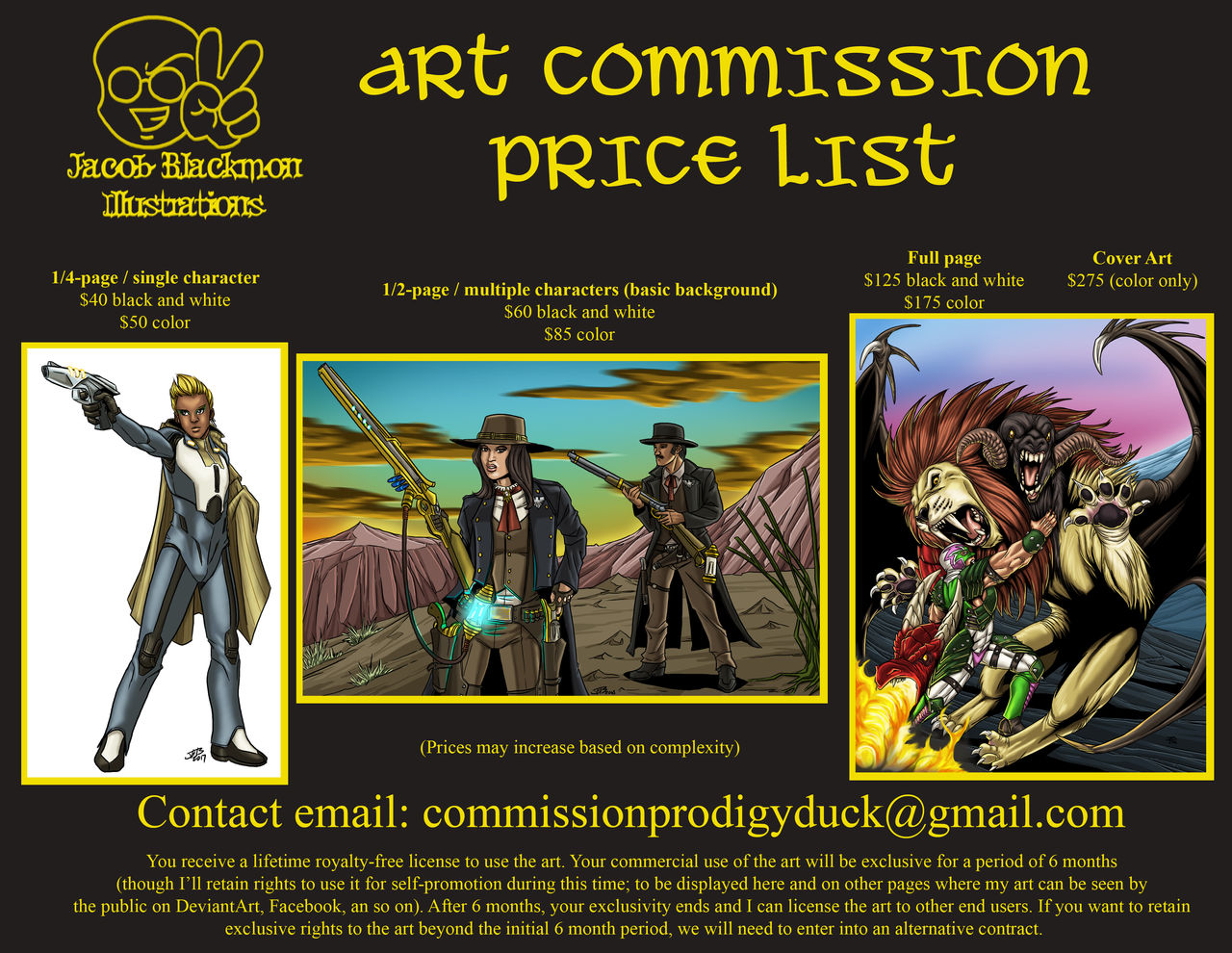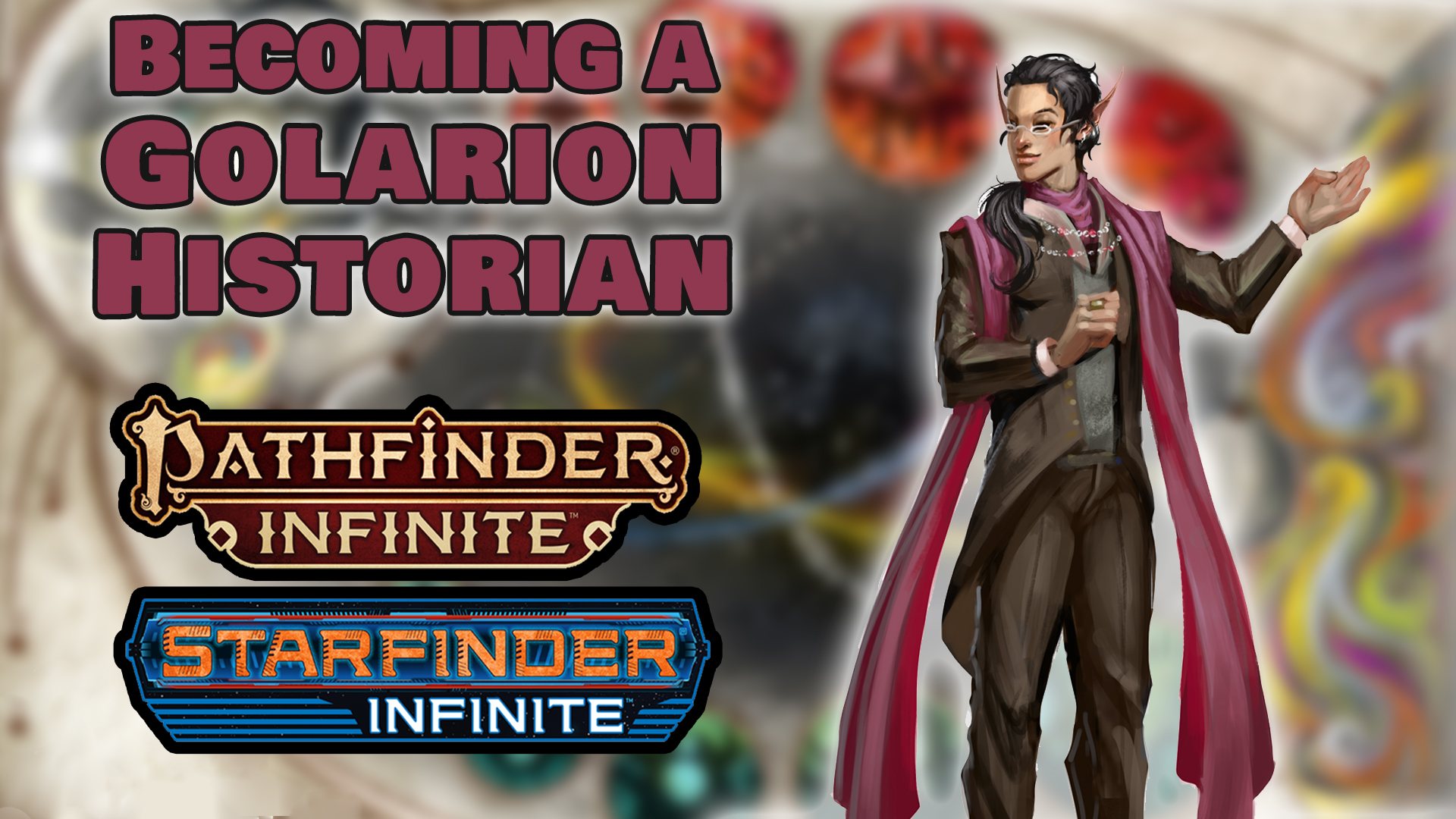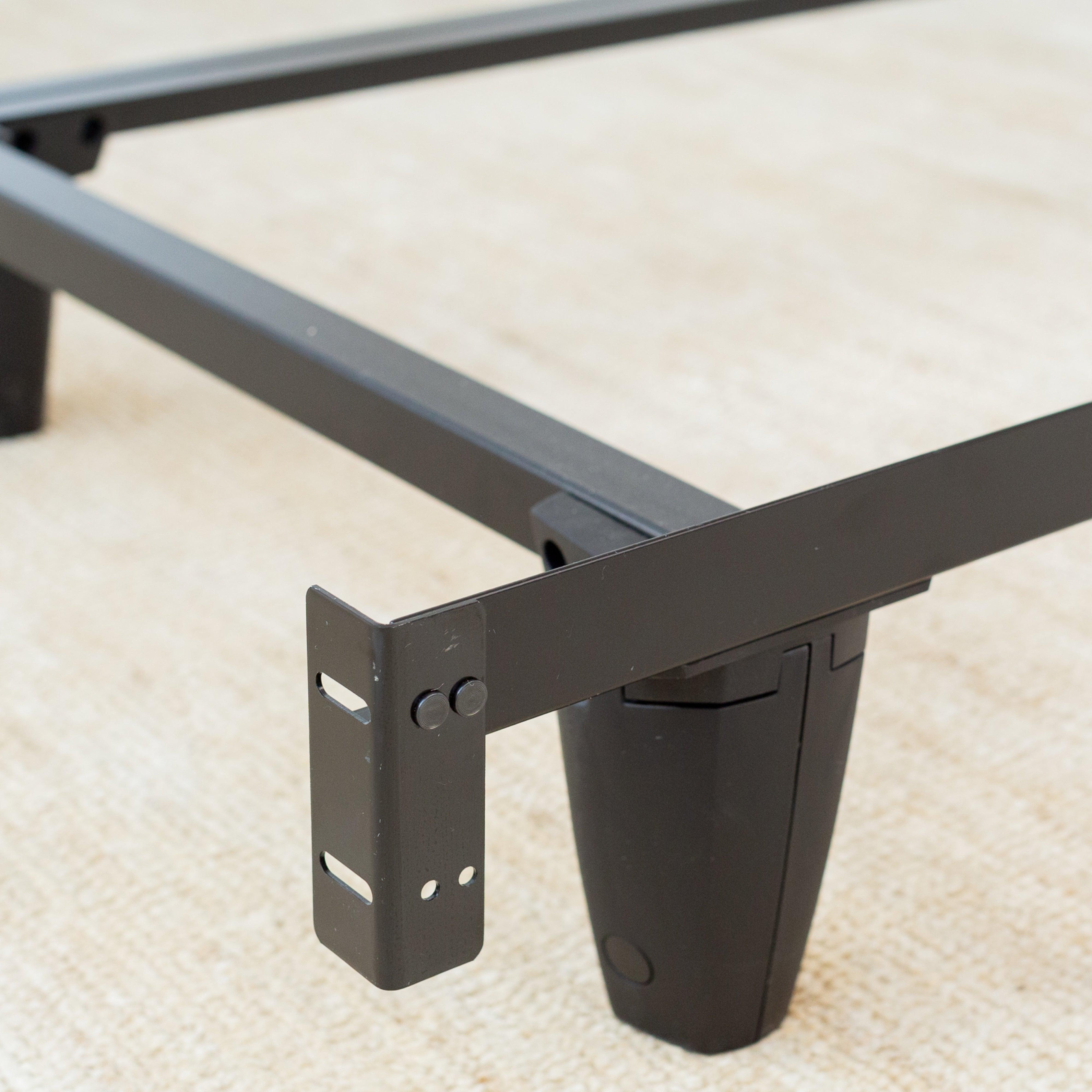Today I’m here to talk business. MAKING a business, that is! Because ultimately, if you’re self-publishing in the Infinite problem, you probably want to make some money, right? Well, let’s talk about making money!
About Alex
But first, let me flash my credentials a bit. I’m the owner and publisher of Everybody Games, formerly known as Everyman Gaming LLC. I’ve operated Everybody Games since 2015, so about 6 years now, and I’ve published a TON of products under Everybody Games and Everyman Gaming; over several hundred. I’ve also personally run five publishing Kickstarters, all of them having successfully funded (Grimoire of Lost Souls, Dynastic Races Compendium, Advanced Skill Guide, Advanced Occult Guide, and most recently, Starfarer Species Reforged). So while I might not be Owen K.C. Stephens or Jason Nelson, I have plenty of wisdom I am ready to dispense!
Do I Form a Company?
This is the first question everyone asks me. Do I form a company? The answer to this question is pretty simple.
“Probably not for the Infinite program.”
Now, don’t get me wrong. There are plenty of great reasons to start a company. For one, branding. It’s really helpful for players to say things like, “Oh I recognize Everybody Games. They have a good reputation and I don’t feel like I need to worry about letting their quality at my table.” HOWEVER, the Infinite licenses are very specific in that you CANNOT put your company’s logo on the front of your Infinite products. Only your name, the Infinite program logo, and the title of your product (which cannot include your company name, as far as I know. I am not a lawyer, this is not legal advice.) You also can’t publish your Infinite products from a company account; I would have to publish my Infinite products as, say, Alexander Augunas rather than Everybody Games. Now, the rules don’t stop me from putting a company logo inside my product, but if I can’t have that content on the front cover or in the title, then kinda what’s the point, you know?
In general, I recommend founding a company if you plan to do OGL writing that isn’t Infinite, but if Infinite is your focus there’s no reason to go through the hassle. Setting up a company also takes more than simply saying, “This is my company name!” because if you don’t take the proper legal precautions, people can just take that name and make it theirs. Setting up a company in most states requires a lawyer; in Pennsylvania where Everybody Games is based, we have specialized practices for small businesses and I went to a family friend to get my work done. But even going to a family friend costs money; in total, it cost me about $700 to set up Everybody Games back when it was Everyman Gaming, and it cost me another couple hundred dollars to establish Everybody Games as a legal alias for Everyman Gaming when I decided that I wanted to switch the name to be more inclusive. So just keep in mind that to do anything right costs money.
Right, but what if I wanted to do this mysel—
No, get a lawyer.
But I don’t want to spend that much money when I’m not going to be making much money doing this as my side gig.
Then frankly, don’t form a company. But if you’re going to form a company, do it right and get a lawyer. If you don’t, you’ll regret it somewhere down the road. Guaranteed.
Makin’ Money
Ah yes. The great question. “How do I make money with Pathfinder Infinite?” Well, I just might have the answer you’re seeking below!”

Yeah. Sorry if this is bleak, but I don’t want to steer you wrong here. It is INCREDIBLY hard to make money in Tabletop RPGs; for a typical Third-Party publisher, you need to drop so much cash on assets like the stuff I talk about in the Tools of the Trade article or art assets or specialized layout assets that you’ll usually find yourself down a grand easy as your initial investment, and in general you’ll only be making a couple of bucks per sale. My absolute best sellers ever hit about 500 copies sold in their lifetimes, spread out over years. The best-selling 3PP product I have ever written sold about 2,600 copies on DriveThruRPG. Here are some more typical ones:
- Advanced Occult Guide: 251 over 2 years (or about a hundred more since the Kickstarter funded).
- Dynastic Races Compendium: 865 over 4 years.
- Everyman Unchained: Fighters: 780 over 5 years.
- Kitsune Compendium: 765 over 5 years.
- Paranormal Adventures: 861 over 5 years.
- Pop Culture Catalog: Vidgames: 413 over 3 years.
- Yuletide Terror: 151 over 3 years.
This, obviously, is not every product in by backlog, nor is this going to be indicative of every company’s experience. However, using this data as a baseline, I can give you some pretty decent pointers.
Play the Long Game
Making money in Tabletop RPGs isn’t about instant gratification, it’s about people stumbling upon your work months later and buying your book on a whim. It’s about getting big enough that you can do bundles and other sales. Have a backlog people can always buy from. This sort of adds to the big issue about doing 3PP I mentioned before, where you have to be prepared to put money down. When I made my first product, Psychological Combat (which later became part of Ultimate Charisma), I probably spent an extra $150 on art on top of the money I had already dropped. Now, five years later, some of my products have sold a thousand copies. Again, you’re playing the long game.
Find Something You’re Passionate About and Build a Reputation
If you look at my numbers, it’s pretty clear that some types of Everybody Games products have sold way better than others. I’ve hardly sold more than 100 copies of Yuletide Terror, the only published Adventure Everybody Games has ever done. But you compare that to Pop Culture Catalog: Vidgames, and you’ll see that I sold twice as many of those. Yes, Yuletide Terror definitely made me more money long-term even at those rates (a Yuletide Terror PDF sells for $15.00 compared to a Pop Culture Catalog’s $5.00 or so), but at the same time I spent a LOT more money and time on that adventure then I ever did for the Pop Culture Catalog. If I’m not in a mental funk, a Pop Culture Catalog takes me two or three weeks to put together, depending on the size. Yuletide Terror took six months, TONS more art, dedicated editing, all that jazz. I would say that I definitely lost money doing Yuletide Terror, which is why you never see me do adventures.
There are a couple of reasons this might have been. Maybe Yuletide Terror was too niche an idea. Maybe I’m awful at adventure writing. But if you asked me, it’s because Yuletide Terror is my ONLY adventure offering, and I am not known for adventures in general. I’m known for rules and a bit of setting flavor. My best sellers are always worldbuilding tools and player rules, so that’s primarily what I produce. You too should pick something you like to produce and focus on that. Hone your craft and hone it well!
Minimize Your Costs
Moneymaking isn’t really my goal with Everybody Gaming. I like producing content for the hobby that literally saved my life, and I want the product I produce to be top-notch as a result. This isn’t my job and I’m not always concerned about turning a profit. Yes, I am an AWFUL business person like this. I’m a perfect example of how you can know all the yeses and nos and still do it wrong because you simply don’t care. Maybe you’re like me and you just want to make something special. That’s legit. Maybe I’m awful because my willness to eat a financial loss in the pursuit of art perpetuates the lack of financial profitability of Tabletop RPGs as a whole. That’s probably legit too, but I’d argue we can’t see progress there until the industry leaders are prepared to charge consumers what their products are worth so the rest of us small fry can rise up with them. None of those philosophical points changes the fact that if you’re going to make a business out of Infinite, you need to keep your costs low while maximizing your gains. So download free fonts, use royalty free assets, buy cheap stock art. Do what you go to in order to stay affordable!
Why Infinite Is Great
I heard TONS of freelancer friends and friends who generally have never published before harp on the Infinite Program from a business perspective since it was announced. “Why does Paizo think that their IP is worth half of my royalties? This is ridiculous! I’ll publish this myself!”
Paizo’s IP might not be worth half your royalties, but their art assets are.
Let’s say you want to write a Pathfinder Society Scenario-style adventure for PFI. To do this to the same standards as Paizo, you’ll need 3 pieces of art and 3 battle maps. You need to either use Royalty Free content (such as stockart from a stock art subscription) or you’ll need to commission custom pieces. Let’s say you want to commission Jacob Blackmon.

Jacob is extremely popular in the 3PP industry because his rates are extremely affordable. Using this commission sheet (which is actually out of date; Jacob currently charges $100 per 1/2 page art and $200 to $250 per full page art; extra for cover quality), getting 3 character illustrations (say, one important NPC, your final boss, and one other piece of your choice) would cost you $150 USD. Each map would be a more complex piece costing about $200 each, so if you have three encounter areas like a typical PFS scenario, that’s $600. So using Jacob Blackmon to create custom art, you’re looking at about $750 USD. That means you need to sell 151 copies of your scenario to break even. If you sell your scenario for $4.99 per copy using standard 3PP venues instead of Infinite, DriveThru takes 30% of your sales however. That means you’re only making about $3.49 per sale, meaning you need to sell 214 copies of your product to break even.
Pathfinder Infinite and Starfinder Infinite allow you to bypass this by using community assets. You might only be getting $2.49 per sale, but you didn’t need to invest in custom art. That being said, if you are going to self-publish under Pathfinder Infinite, it is smarter to use Paizo’s assets unless you already have a lot of art lying around, because if you’re paying thousands of dollars to make a product AND you are only getting a fraction of that pay thanks to the Infinite price hike, then yeah, that’s bad.
In Short,
- Don’t bother making a company if you’re only going to publish for Infinite. You’ll want a company for publishing outside of the Infinite program, and do take a look at how your state wants you to report the money you make.
- Infinite won’t be under the table money, you have to report it on your taxes and that WILL cause you to reduce your tax return. I’ve had plenty of good years where I owed money because of Everybody Games.
- If you’re going to use Pathfinder Infinite, make sure that you’re getting the most out of Paizo’s art assets. That is the biggest cost savor and will be the thing that makes your work profitable as a new publisher. When you get more established or start to make bigger books, ABSOLUTELY get custom art because like I said in Tools of the Trade, that’ll help you stand out.
- Be prepared the start slow. Each product is a drop, and many raindrops form into mighty rivers. (Or at least a babbling brook; we don’t know how well this is gonna do yet.)
- Support your fellow content creators! Make sure to boost other people’s work so more people see it and support quality wherever you find it. As a community, we need to uplift 3PP for it to continue to be profitable to the people who work to make our games great.
Thanks for joining me! I’m Alexander Augunas, and this has been Infinite Possibilities with the Know Direction Network!






